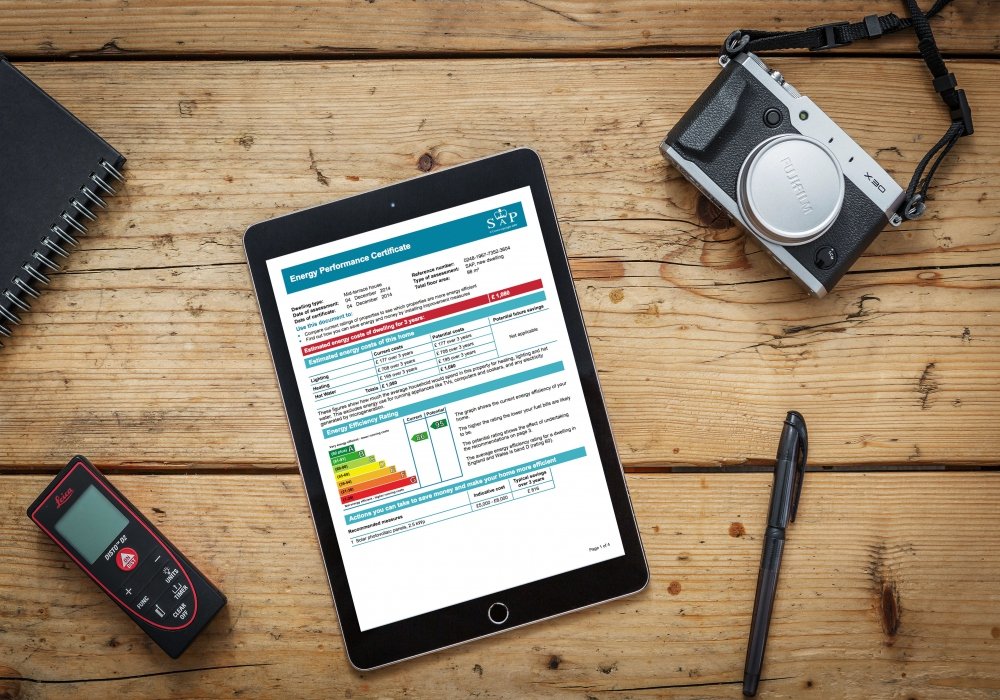Who Needs An EPC?

Who Needs An EPC For Their Residential Buildings?
- All residential properties need energy performance certification.
- If your property is newly built, you will need to get an Energy Performance Certificate by carrying out SAP calculations. These calculations make sure your building complies with Part L of The Building Regulations.
- If you convert or extend your property, you will need to get an updated EPC, even if the property already has one.
- Generally, residential properties need an updated EPC every ten years. However, if there is a major change to the building services, such as a newly installed heating system, this may need to be sooner.
- As of 1st April 2018, it will be against the law to grant a new lease or renew an existing lease on homes with an energy rating of an F or G.
- From 1st April 2020, this will extend to all privately rented residential properties – irrespective of whether it is a new lease or not.
EPC's For Commercial Buildings
The same EPC requirements govern commercial properties as residential properties. However, there are some exceptions. The following properties do not require an EPC:
- Places of worship.
- Stand-alone non-dwellings of less than 50m2.
- Industrial sites, workshops and non-residential agricultural buildings with low energy demand.
- Temporary buildings with a planned usage time of 2 years or less.
- Non-residential agricultural buildings which are used by a sector covered by a national sectoral agreement on energy performance certification.
Please note that as of 1st April 2023, it will be against the law to rent non-domestic properties with poor energy performance ratings.
Share
